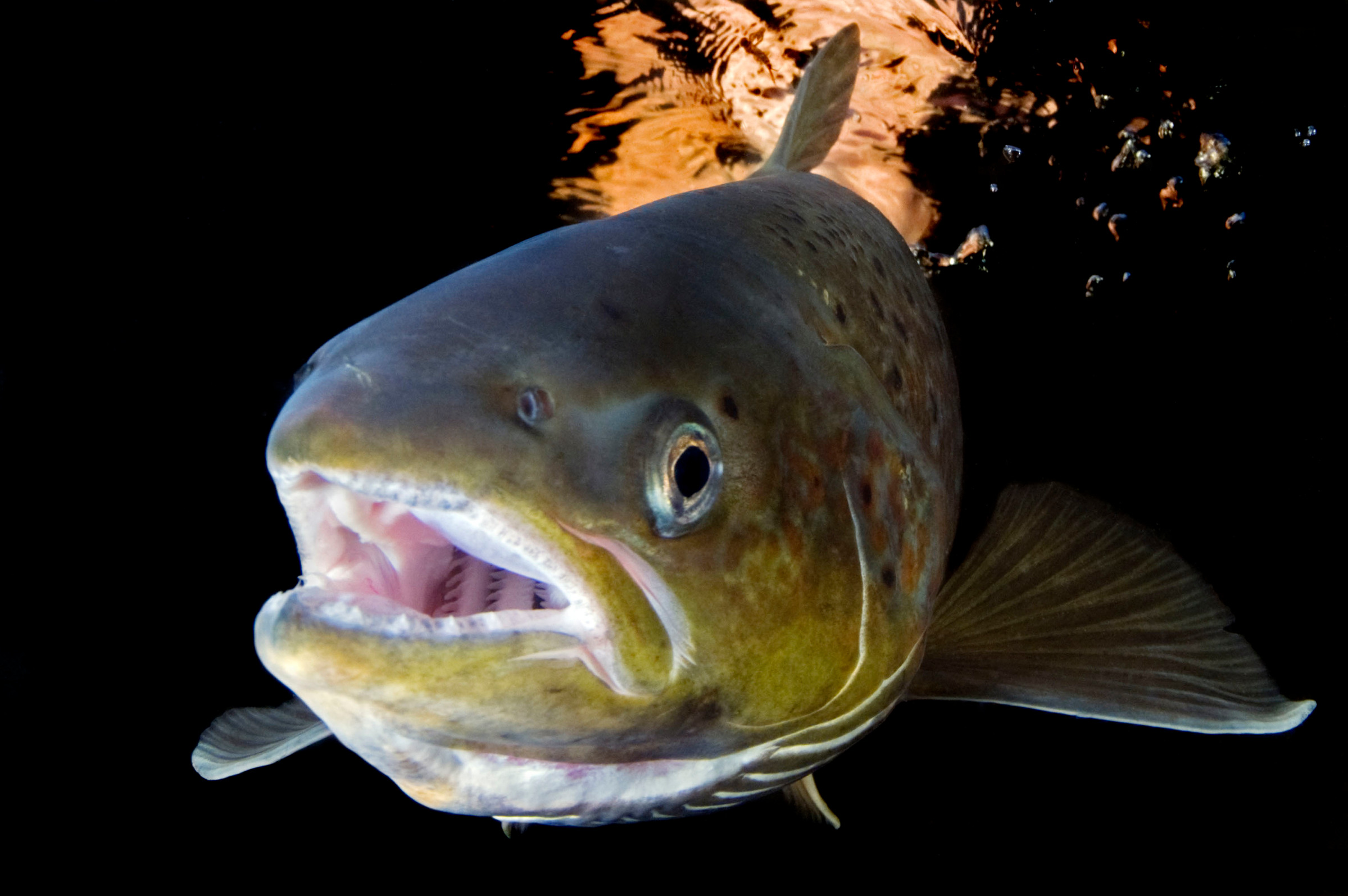
Campaigns
Missing Salmon Alliance Supports, No More Hydropower in Europe: A Manifesto
Hydropower – clean, green and sustainable? You’d have thought so, but you’d be wrong. That is why the Missing Salmon Alliance has joined with organisations from across Europe in supporting a manifesto that challenges the assumption that in river hydropower is a clean, green, sustainable way of generating power with little or no consequences.
Hydropower severely impacts freshwater ecosystems, which are already under threat. Only 40% of surface waters in the EU (rivers, lakes, wetlands, transitional and coastal waters) are in good ecological condition, for England and Wales, as the recent assessment by the government has shown, that figure falls to 16%. And populations of migratory freshwater fish species have plummeted by 93% in Europe since 1970.
Building hydropower plants, including small and run-of-the-river plants, have negative consequences on rivers’ flow, fish migration, habitat loss, sediment transport and on erosion, to quote only its most direct impacts, and runs directly counter to the commitments expressed in the EU Biodiversity Strategy’s proposal to restore 25,000 km of free-flowing rivers.
The contribution hydropower makes to transition to sustainable renewable energy is negligible. Even if all the 5,500+ plants proposed to be built across Europe go ahead, it will only increase the share of Europe’s energy from hydropower from 10% to between 11.2 and 13.9%, and at what cost to freshwater ecosystems and migratory fish?
Hydropower is also losing its comparative financial advantage, as stricter regulations, land availability and growing recognition of its serious environmental impacts are increasing installed costs, while the costs of alternatives such as solar, wind and various forms of energy storage are dropping rapidly. The potential for hydropower to help mitigate climate change is also limited. Life-cycle carbon emissions are generally underestimated, as the emissions from building the plants and from methane emissions are typically disregarded. In addition, water scarcity could reduce overall hydropower production in Europe, while river fragmentation created by hydropower plants reduces the capacity of rivers to mitigate the impact of droughts or floods, with negative impacts on climate adaptation.
In the UK, a number of hydropower schemes are small in scale, less than 10MW, often having a disproportionate impact on the overall health of a river and adding in yet more barriers to the rivers ability to act naturally and for healthy ecosystems to develop allowing fish such as salmon and sea trout to migrate upstream to thier spawning ground.
The climate and biodiversity crises must be tackled together. And in many ways require the same action to be taken. We cannot stop runaway climate change – something that would itself be catastrophic for much of life on Earth – without protecting and restoring natural ecosystems. Equally, we cannot have a sustainable energy transition that is oblivious to nature. Climate and nature protection must be addressed in tandem if we are to provide a sustainable future for our planet and for human societies.
Rivers should be the basis for social development and the benefits they provide should be shared. There is, therefore, no point building and operating a hydropower plant to supply a community with electricity if the same plant deprives that community of its source of subsistence and well-being: a healthy river which provides drinking water, cools the bordering towns or cities and enables people to fish and swim in its waters or to walk along its banks.
You might also like
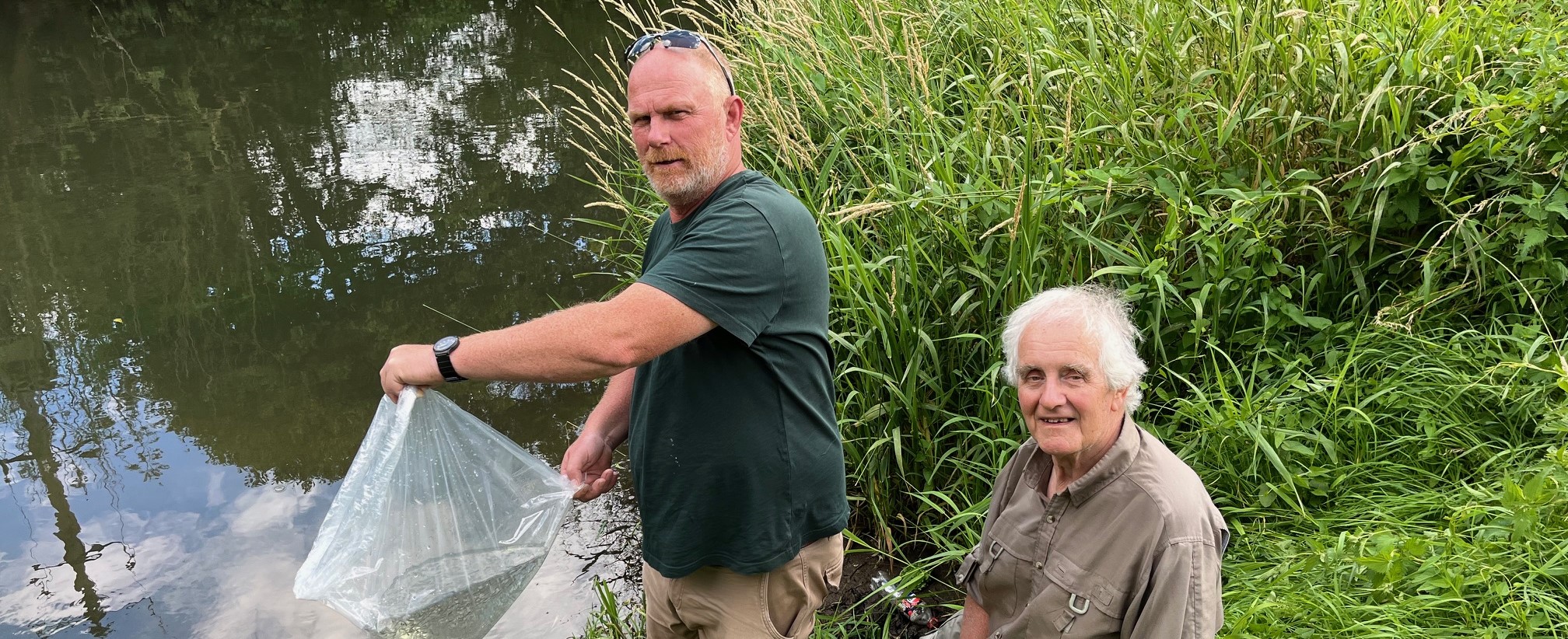
New Kennet Hatchery Releases First Reared Fish
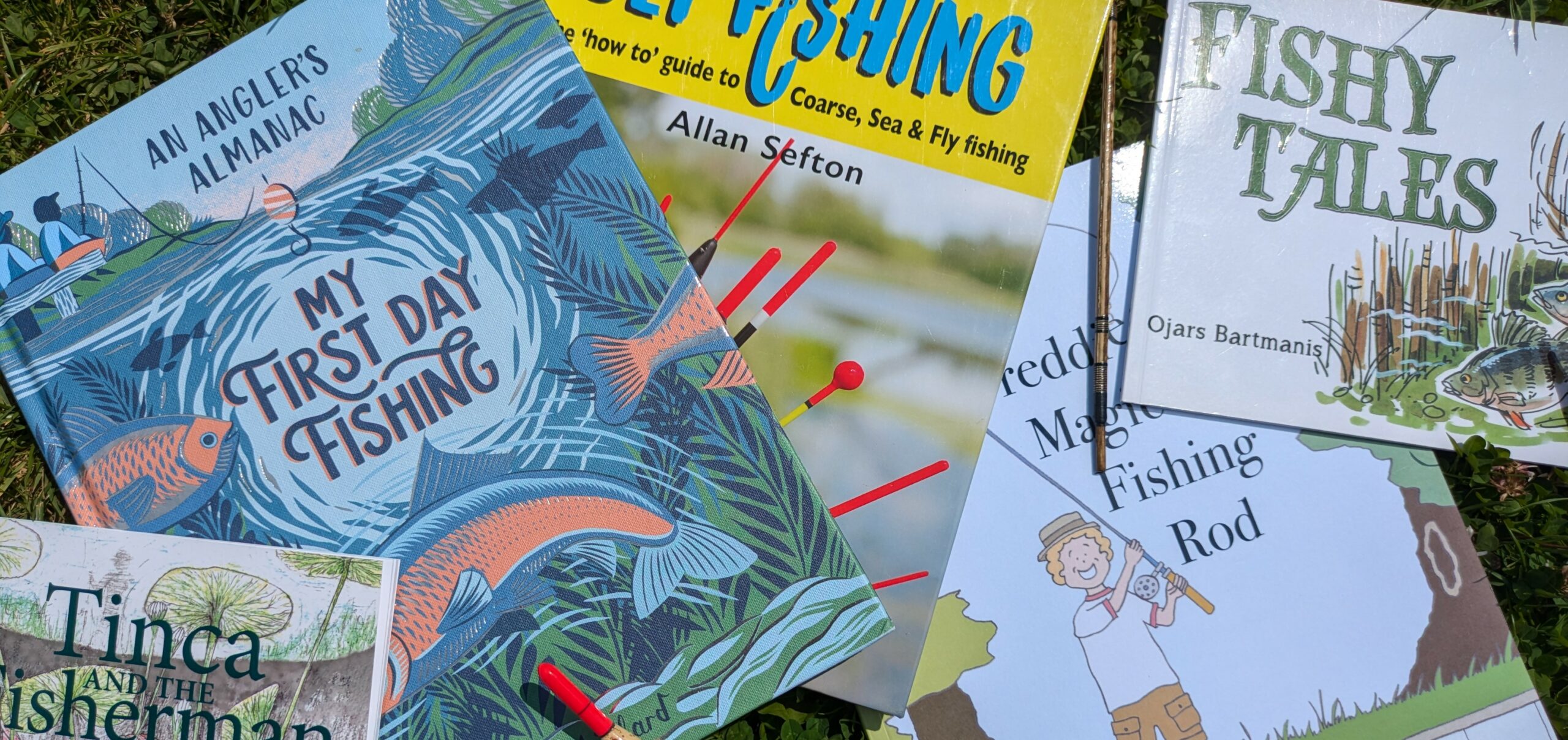
Fishing Books for Kids

UK Recreational Catch-and-Release Bluefin Tuna: A step closer to…
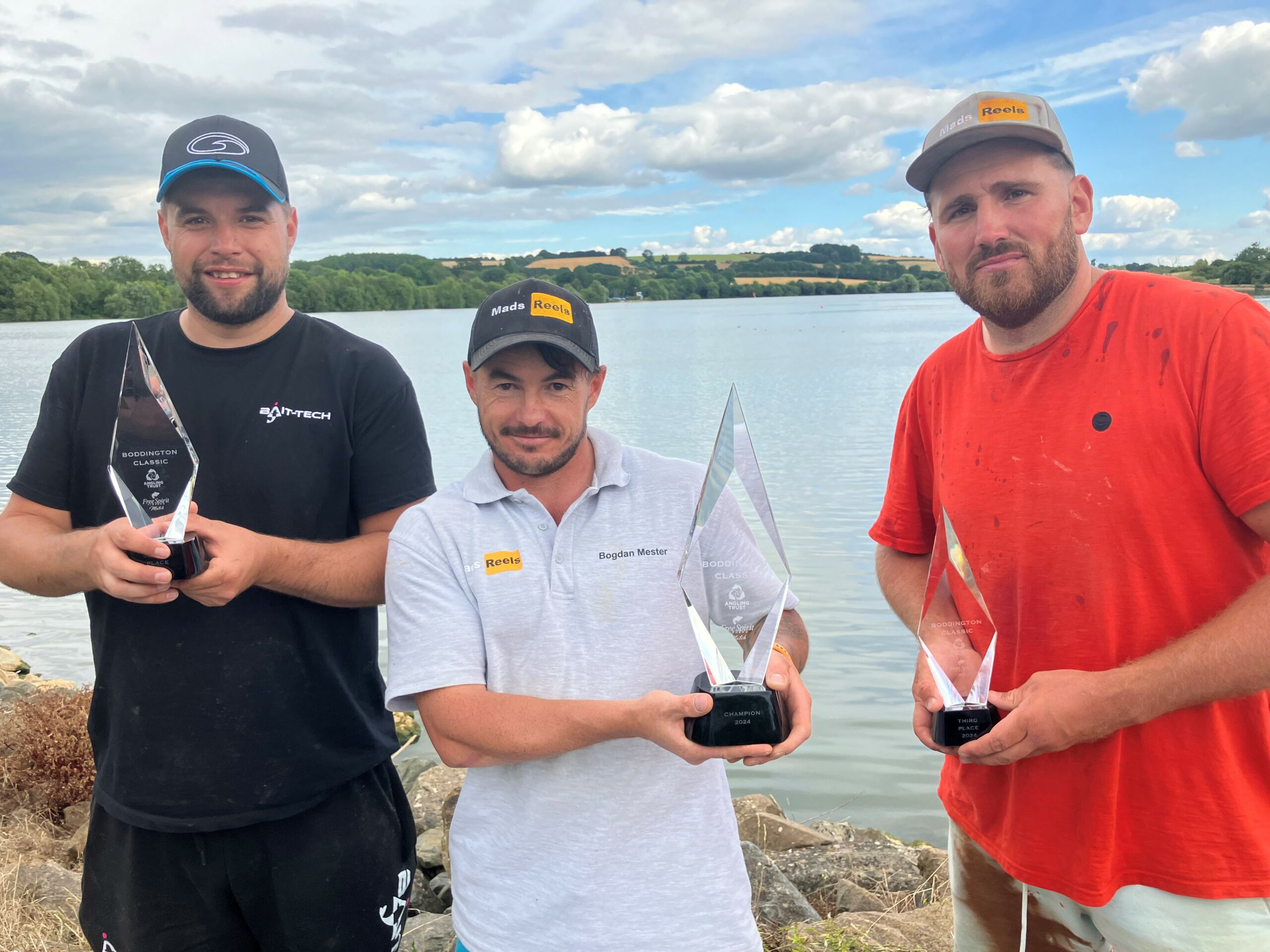
MESTER THE MASTER AT FREE SPIRIT MATCH BODDINGTON CLASSIC…
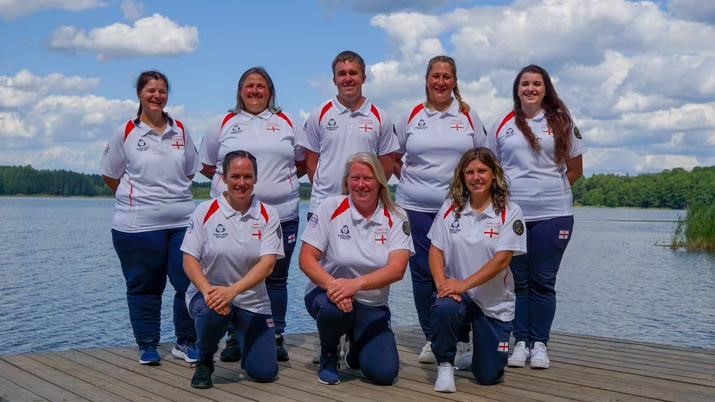
ENGLAND LADIES CARP TEAM MISS MEDAL ON TOUGH LATVIAN…

Angling Trust urges government to go further and faster…

ENGLAND YOUNG GUNS LEAD THE WAY IN HOME NATIONS…

AMAZING ENGLAND COMEBACK SECURES EURO CHAMPS BRONZE

ELLIOT BAGS THIRD NATIONAL WIN AT MARSTON!

PATIENT APPROACH WIN WOMEN’S NATIONAL FOR LEANNE!
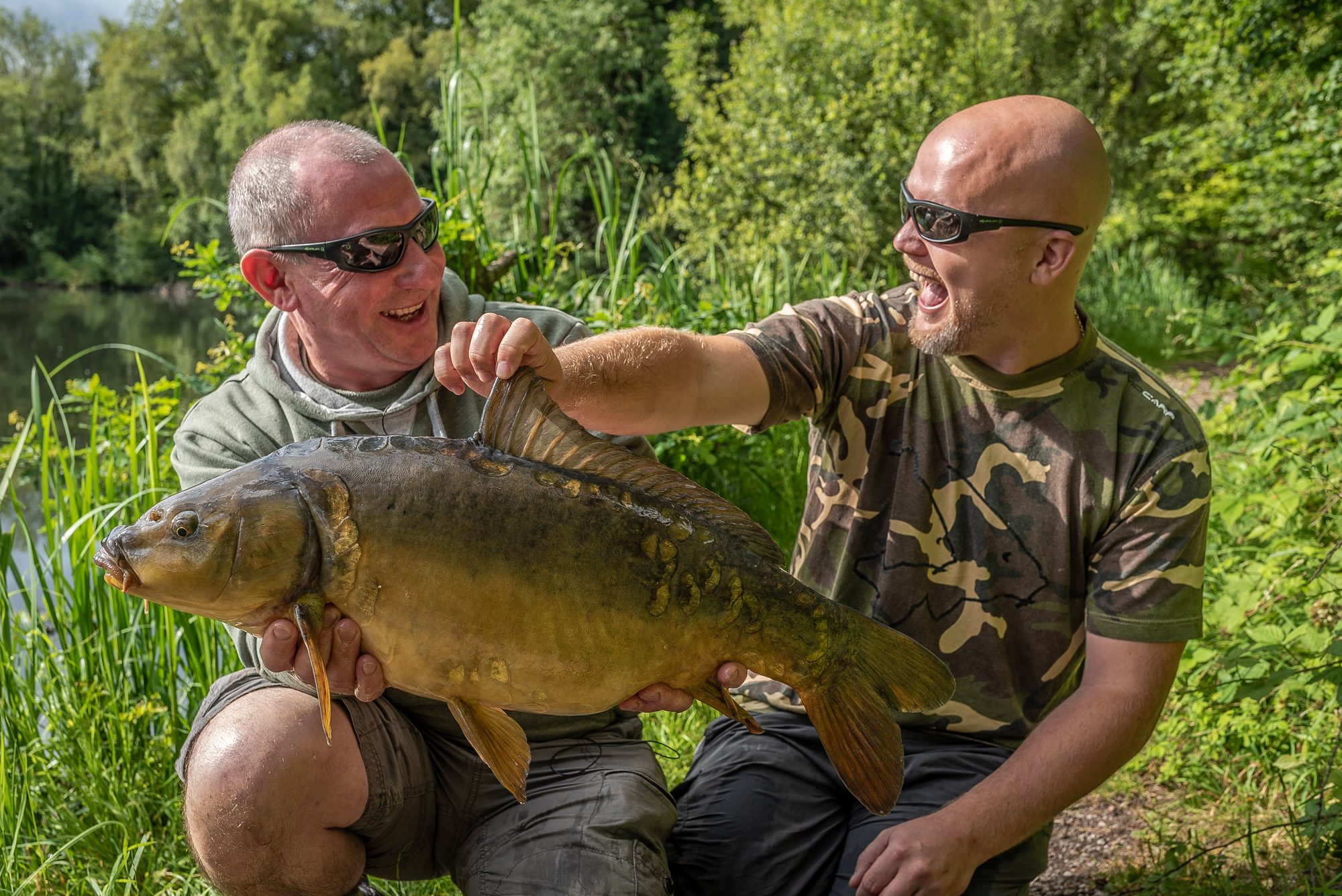
Take a Friend Fishing
27th July to 1st September…









